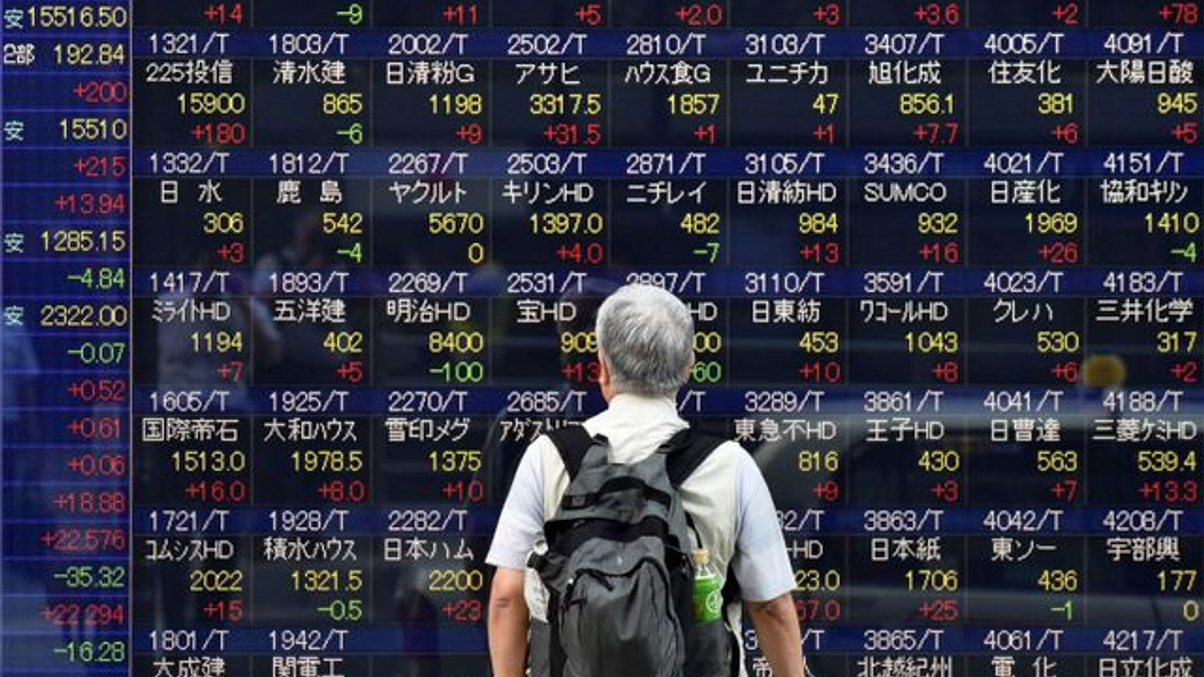Japanese life insurers divided on equities exposure
While some see potential in increased exposure to Japanese equities, others are more bearish and instead targeting opportunities in private markets.

Japanese life insurers are split on the attractiveness of equities in the current macroeconomic environment. Some of them are increasing their exposure, while others remain wary and favour private markets instead.
Sign in to read on!
Registered users get 2 free articles in 30 days.
Subscribers have full unlimited access to AsianInvestor
Not signed up? New users get 2 free articles per month, plus a 7-day unlimited free trial.
¬ Haymarket Media Limited. All rights reserved.


